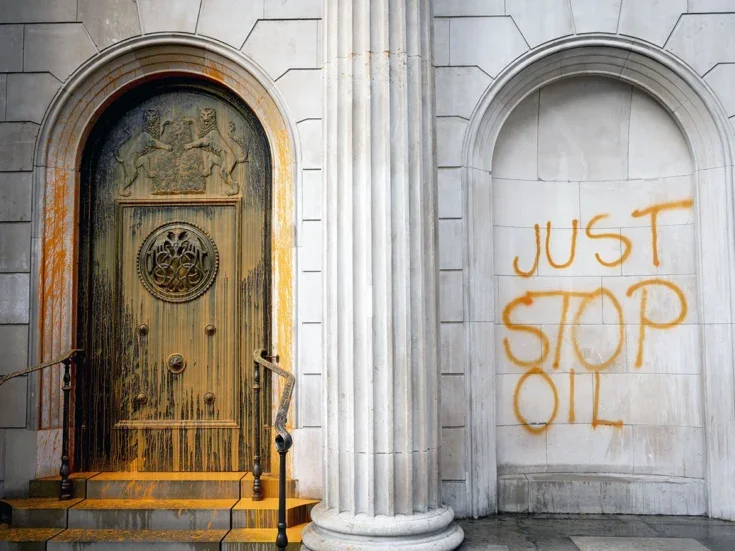Owners of our great houses will not speak out, because at a time of austerity it would seem almost gloating to complain about the disrepair of palaces and the rotten gallery joists
There are many sections of society, academia and industry which will be vocal in their defence when the government begins to chop, chop, chop away at its spending, and there are valid debates to be had: how much should benefits be cut by? Does arts funding have a better return on investment than science funding? And so on. All the lobbies will be heard.
Except for one — one which abashed timidity will keep silent, its historical good fortune turned into a present embarrassment of (declining) riches. Britain’s aristocrats — centuries-old families with land and grand houses who have played pivotal roles in our history — are looking rather blue. Their roofs are unleaded, their tapestries threadbare — and don’t even ask about the paintings.
Many, as Ivan Lindsay reports, are selling off the glories of their carefully assembled collections (the Chatsworth Attic Sale is just around the corner) and diversifying from tourism into holding conferences and weddings. Even the Queen has been reduced to special pleading with the government. (We can only imagine that phone call: ‘A chunk of one’s masonry almost hit Anne the other day. One really does need a small advance.’)
They will not speak out, because at a time of austerity it would seem almost gloating to complain about the disrepair of palaces and the rotten gallery joists. Indeed, society today either prefers to pretend they don’t exist or scorns them as elitist relics. The fact that these families inherited these things, and have to devote their lives and resources to maintaining them for the country, is largely unconsidered. What others perceive as prizes are much of the time burdens, but how do you express this without sounding ungrateful?
This is our heritage, and it should not be left to rot or be sold to foreign collectors because ancient accidents of fortune embarrass contemporary ‘egalitarianism’.






